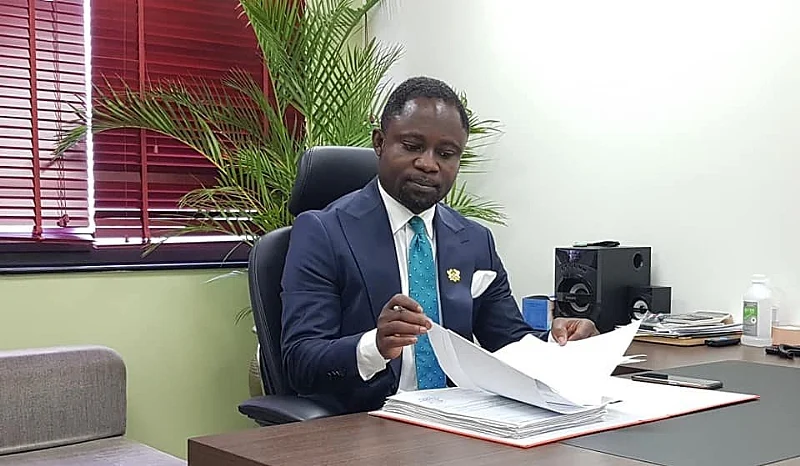The 90-day suspension of the United States Agency for International Development (USAID) funding, ordered by then-President Donald Trump in January 2025, sent shockwaves through Ghana’s health sector. The immediate impact was felt most acutely in the northern regions, where the halt in USAID’s support disrupted the supply chain of essential medicines, vaccines, and other critical health commodities. The Northern Regional Medical Stores, a crucial distribution hub for these regions, faced impending stockouts, jeopardizing access to essential services, including maternal and child health care, malaria prevention and treatment, family planning resources, and HIV/AIDS support. The disruption threatened to unravel years of progress in these critical health areas, leaving vulnerable populations at increased risk.
The suspension brought an abrupt halt to USAID’s Integrated Health Partnership (IHP), a $45 million five-year initiative launched just a year earlier in 2024. The IHP, a collaborative effort between USAID, the Ghana Health Service (GHS), and several other partners, aimed to improve adolescent, maternal, newborn, and child health and nutrition across five regions in northern Ghana and the Western Region. The program focused on strengthening primary health care delivery and was also instrumental in mitigating the immediate and near-term impacts of the COVID-19 pandemic while simultaneously addressing long-term needs such as private sector growth, improved service delivery, enhanced accountability, and support for vulnerable populations. The suspension effectively froze these crucial efforts, leaving health officials scrambling to address the resulting gaps.
The impact of the USAID suspension extended far beyond the health sector, impacting education, agriculture and food security, energy, democracy, human rights, and governance programs. The U.S. has been Ghana’s largest bilateral development partner, contributing over $150 million in the preceding year alone. Development experts warned that the funding freeze would erode hard-won gains across multiple sectors. USAID’s support had been instrumental in improving food security, promoting sustainable natural resource management, bolstering economic growth, and advancing good governance. The suspension threatened to undermine these advances and destabilize progress achieved through years of partnership and investment.
The ramifications of the suspension were felt not just in Ghana but also across the globe. The African-led HIV Control Working Group expressed grave concerns about the impact on HIV/AIDS programs, particularly in African countries. The group warned that suspending funding for these life-saving programs risked the lives of over 26 million people, including the more than 20 million individuals currently receiving HIV treatment. The sudden halt in funding threatened to disrupt access to essential medication and prevention services, potentially leading to a resurgence of the virus and jeopardizing decades of progress in combating the global HIV/AIDS epidemic.
Within USAID itself, the suspension triggered significant operational disruption. The agency announced that all direct hire personnel globally, with the exception of those deemed essential for mission-critical functions, core leadership, and designated programs, would be placed on administrative leave. This unprecedented move created uncertainty and anxiety among USAID staff, who were left awaiting instructions about their future employment status. The agency initiated plans to arrange and pay for the return travel of USAID personnel stationed outside the United States within 30 days, while also preparing for the termination of contracts for non-essential personnel. Provisions were made for case-by-case exceptions based on personal or family hardship, safety concerns, or other extenuating circumstances.
The 90-day suspension of USAID funding served as a stark reminder of the crucial role of foreign aid in supporting development and humanitarian efforts around the world. In Ghana, the suspension highlighted the country’s reliance on USAID’s support across various sectors, particularly in health. The sudden withdrawal of funding disrupted essential services, jeopardized years of progress, and created uncertainty about the future of vital programs. The impact extended beyond Ghana, impacting global health initiatives and raising concerns about the potential consequences of abrupt disruptions in foreign aid flows. The incident underscored the importance of consistent and reliable funding for development programs to ensure sustainable progress and avoid jeopardizing the well-being of vulnerable populations.


